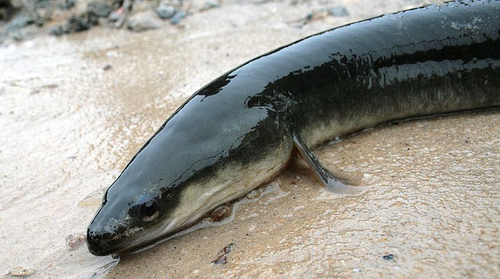Donuts
By the end of the semester, I figured that there were 15 of us preparing each week; each of us read 2 things and considered them for the site each week; and did this for 15 weeks. There was surely some overlap, but there was also some effort above and beyond by many of the students, and that math works out to a synthesis of hundreds of sources on this site.
Surely, that is worth getting a dozen-and-a-half donuts from Ike & Jane?
Altogether a fun semester. I think we all learned some good things, and although I put in more time than I often would for a typical seminar class, it was actually much easier and the discussion typically went well (that is where the prep time usually goes: make sure you are ready for the days when nobody has anything to contribute, because the paper is dull or overcomplicated).
If I were to do it again, I think first of all it would help showing the next group of students that this is what a dozen or so students can do in one semester. I would also start out the semester with a little better guidance on critical reading of the literature. Not just how to be a more skeptical reader, but how to recognize when a paper is hard to read NOT because of your (reader) ignorance, but because some technical writing is bad writing!
I would be more cautious about jargon-filled papers, and focus on the papers that guide us toward the most essential results. However, the students said one of the most important things about the class was having some value put on reading that they determined themselves was important. I think one of the most promising components of teaching through a collaborative project like this is that the students can take charge of what they are learning; they may even take the class in a direction that surprises the instructor.

If I were to apply this to the kind of course where exams are given, for example, you could think about the students synthesizing lecture and reading material in a wiki, and their synthesis and examples could emphasize or even move that class resource in a direction not discussed in class - like if I lectured on statistical tests of neutrality, and they found examples that were used in studying speciation in eels - then exam questions could come from the resource that the students had generated, and so they would in a sense be writing their own exams. Is that crazy?
